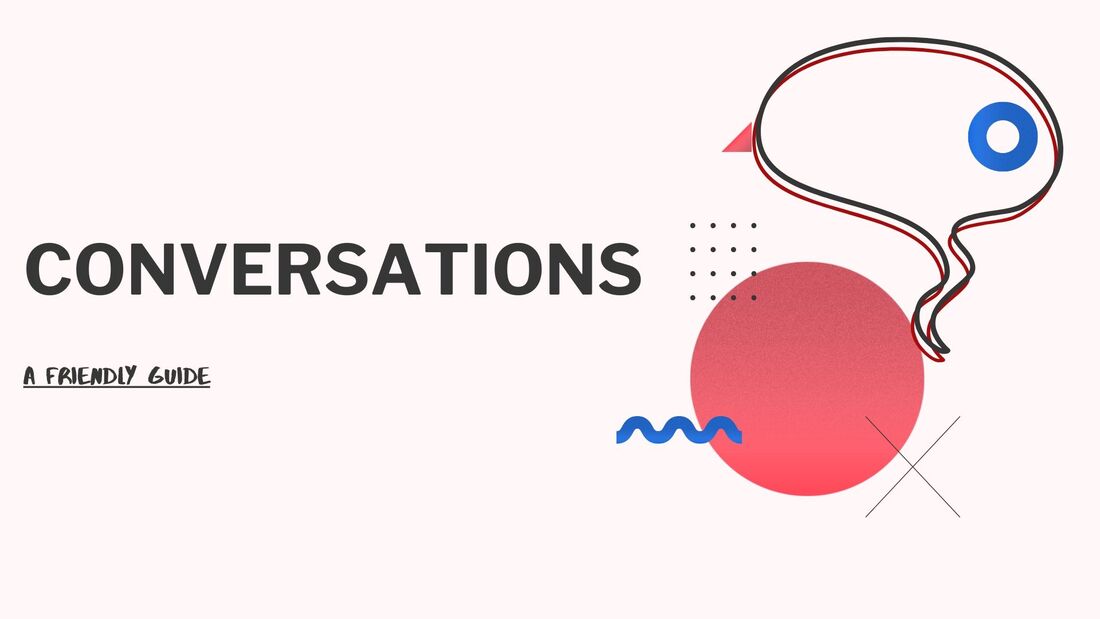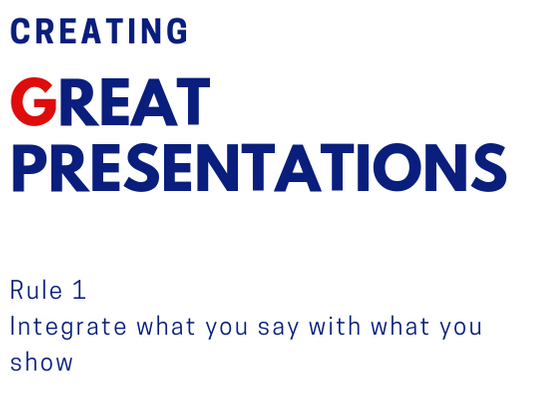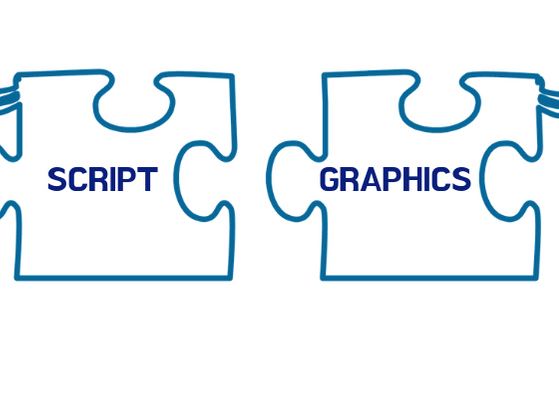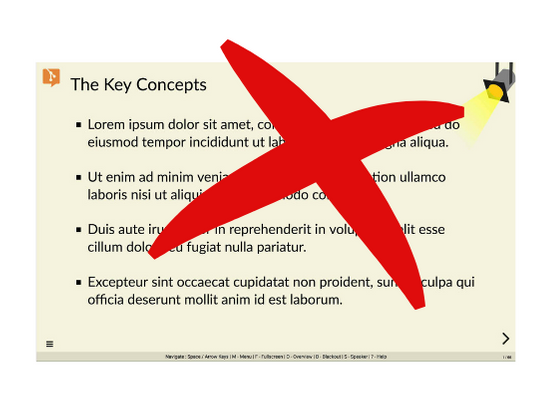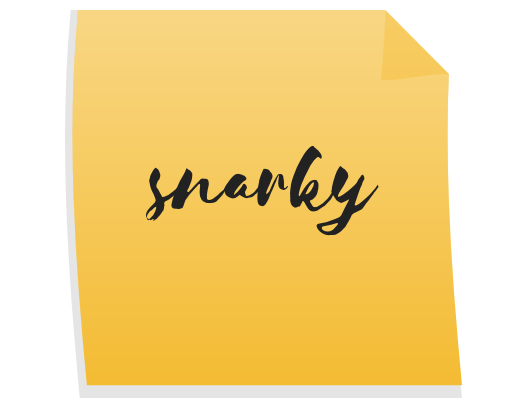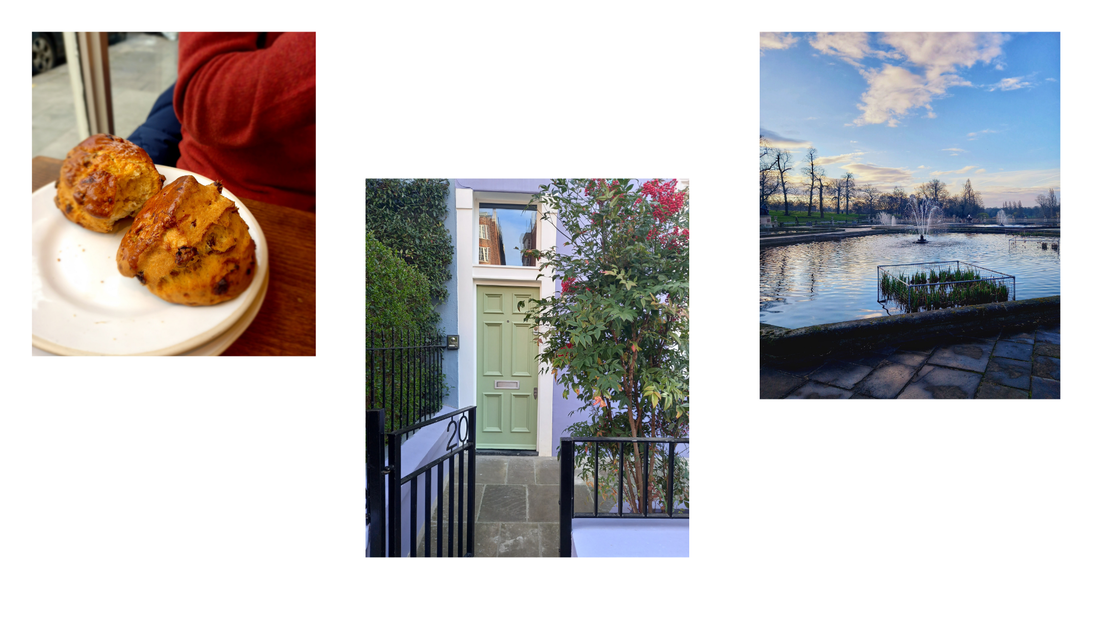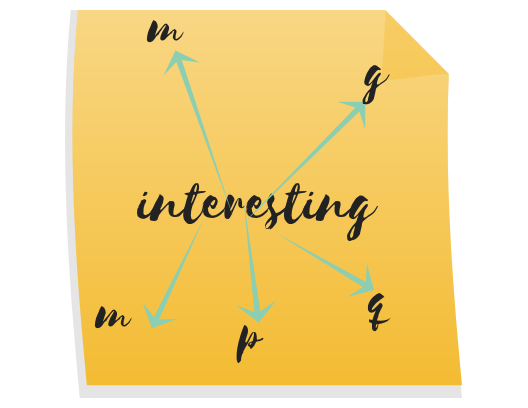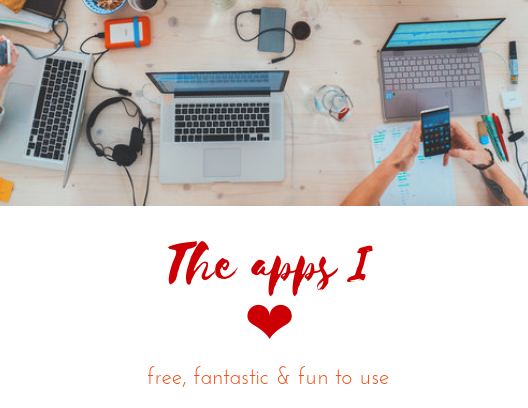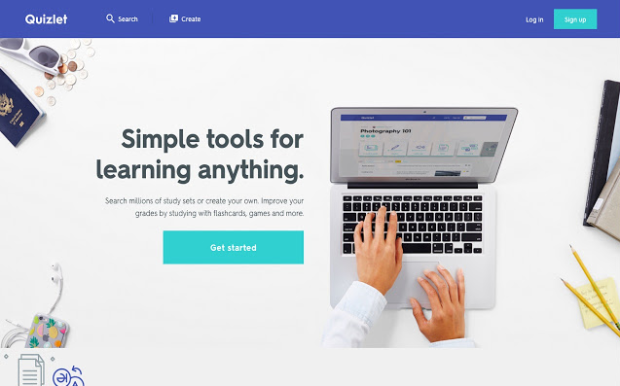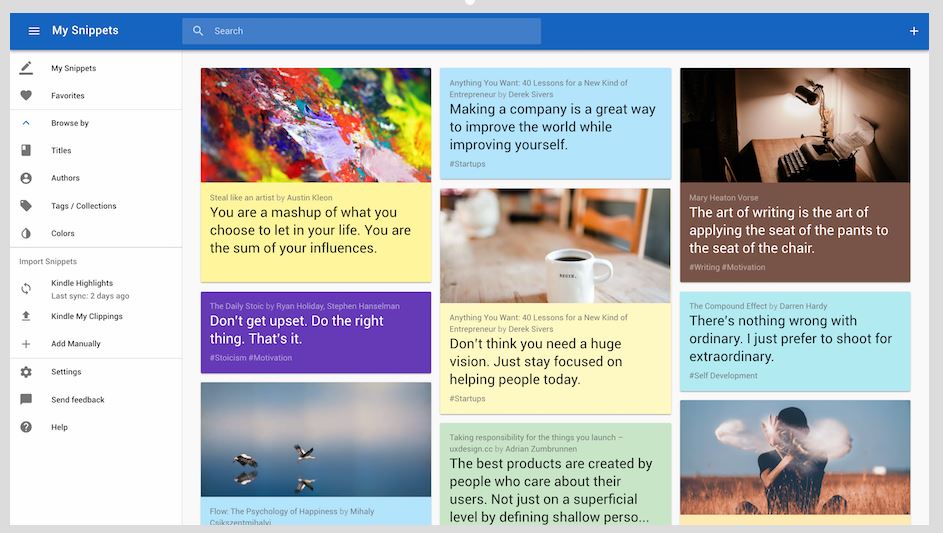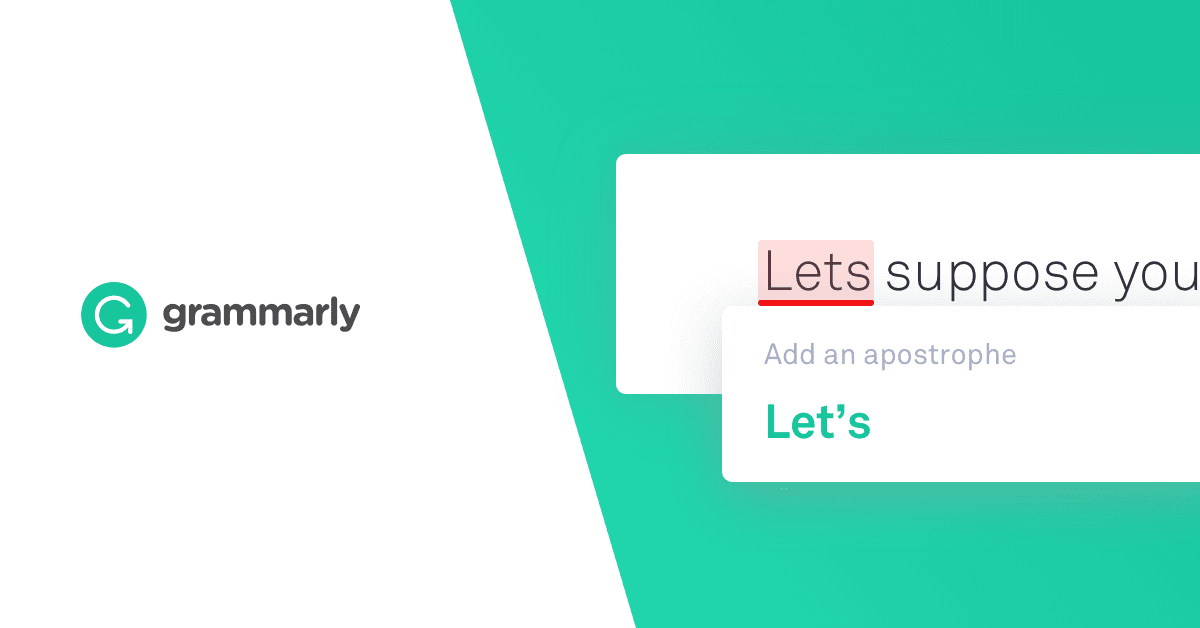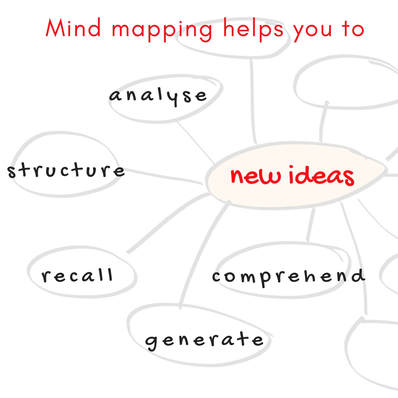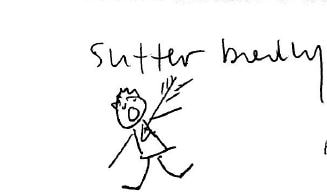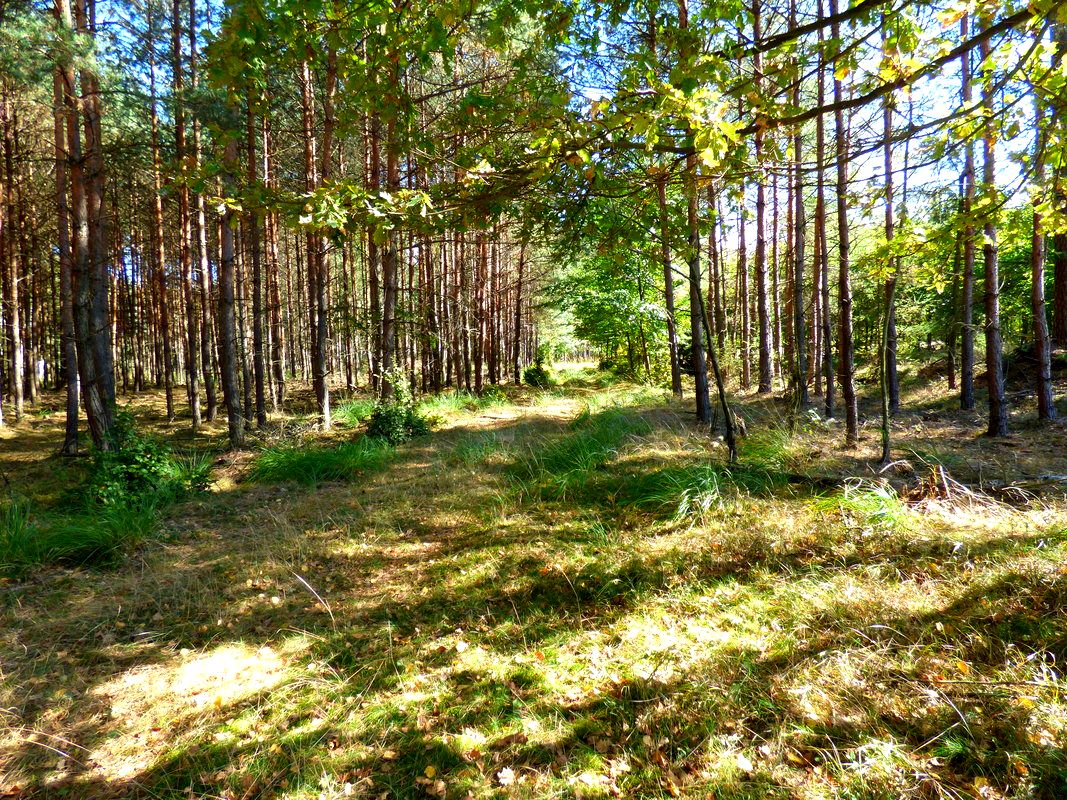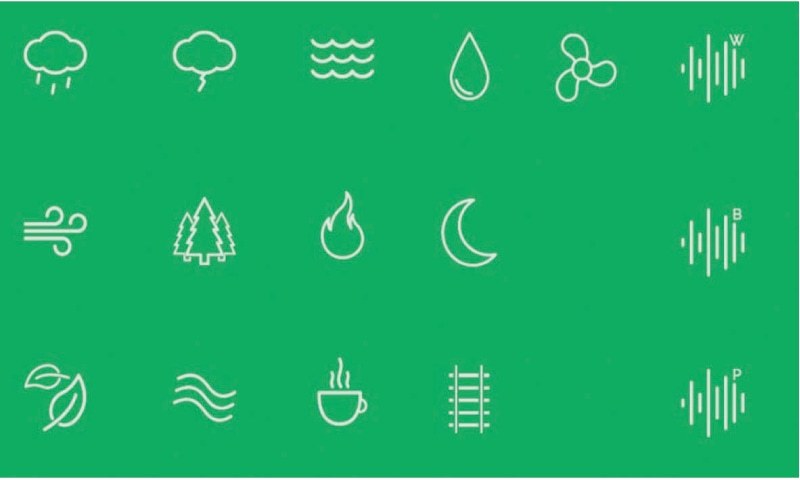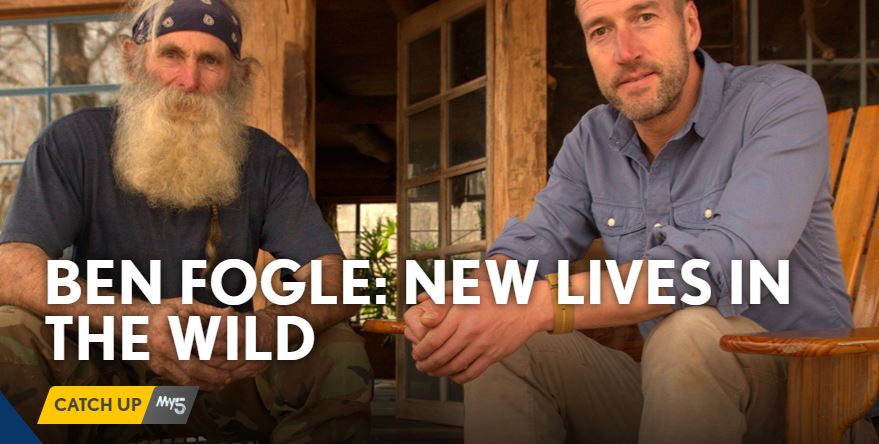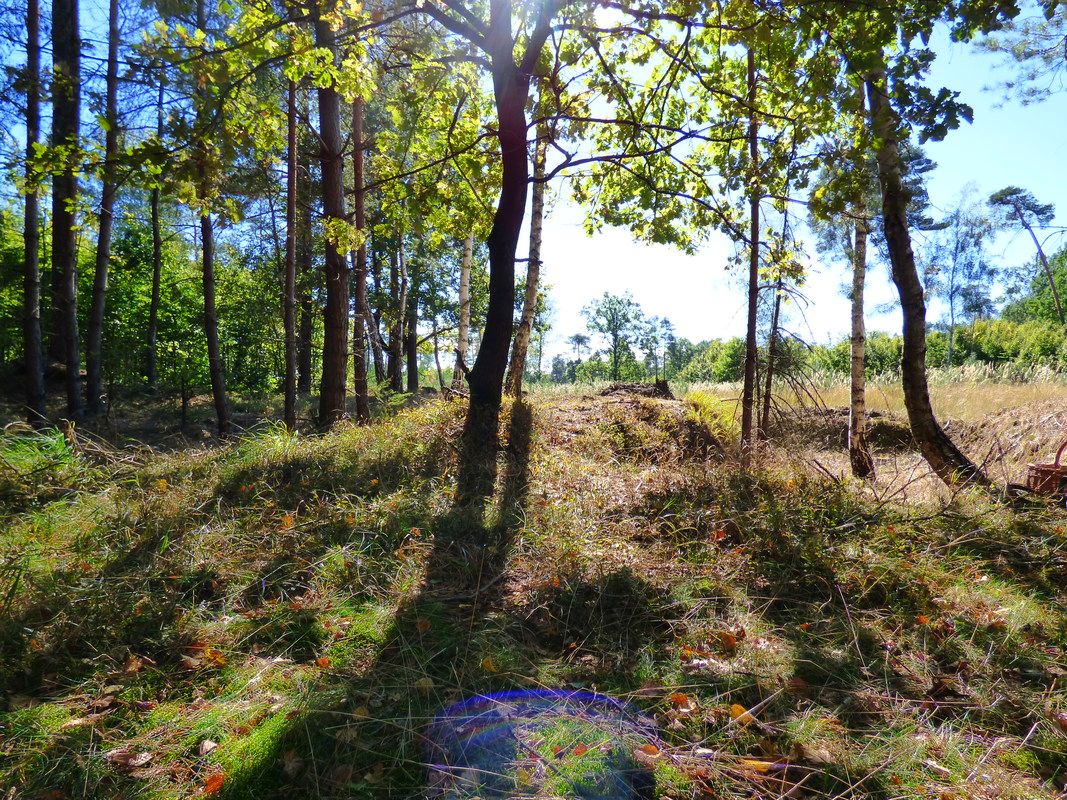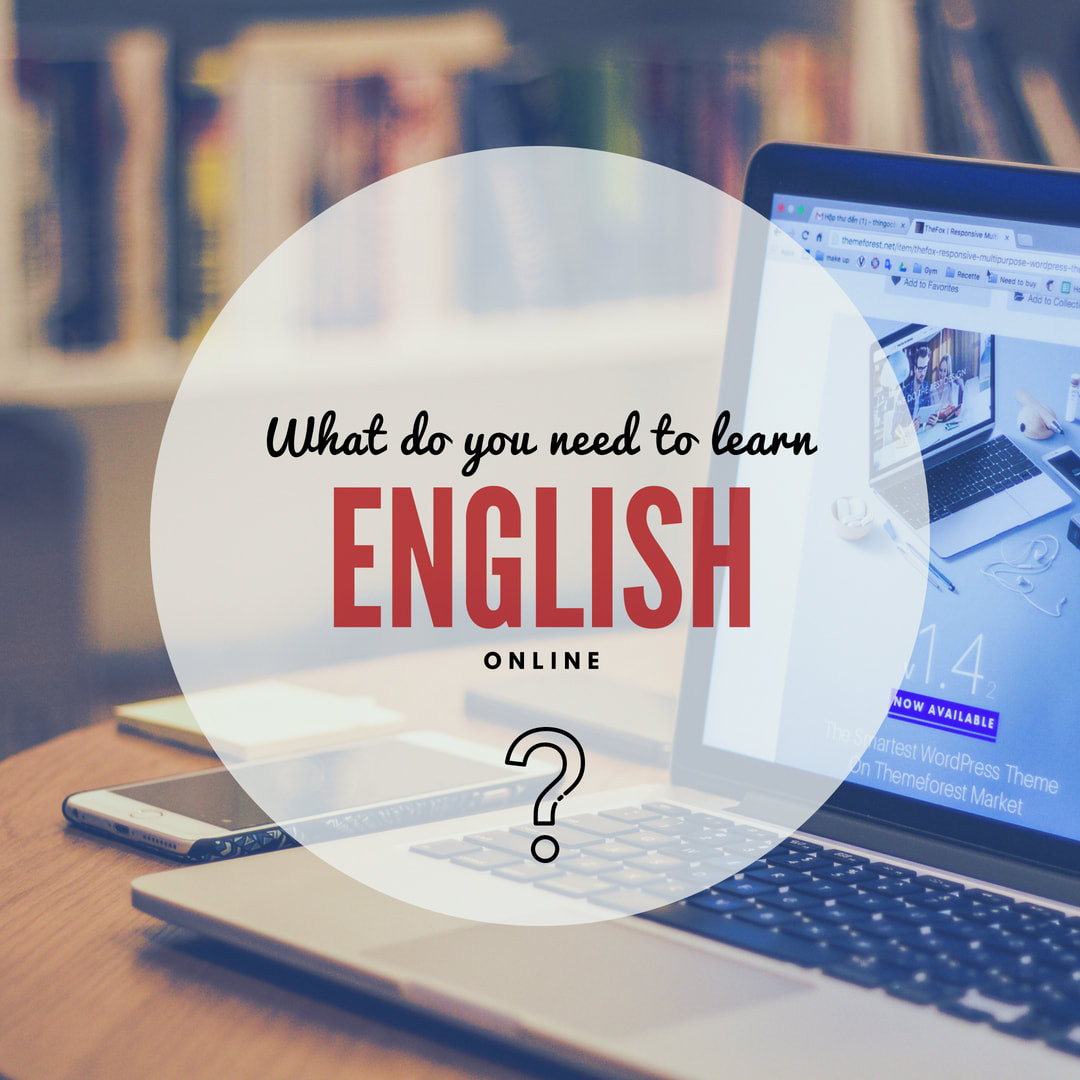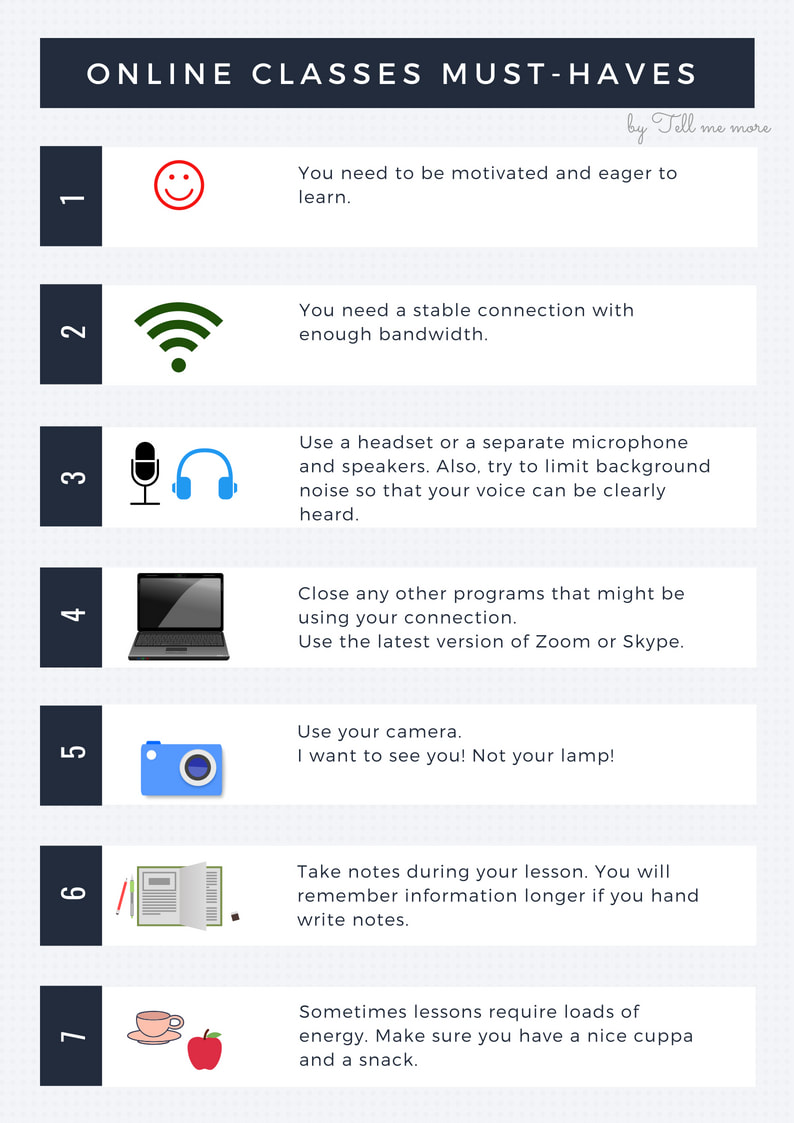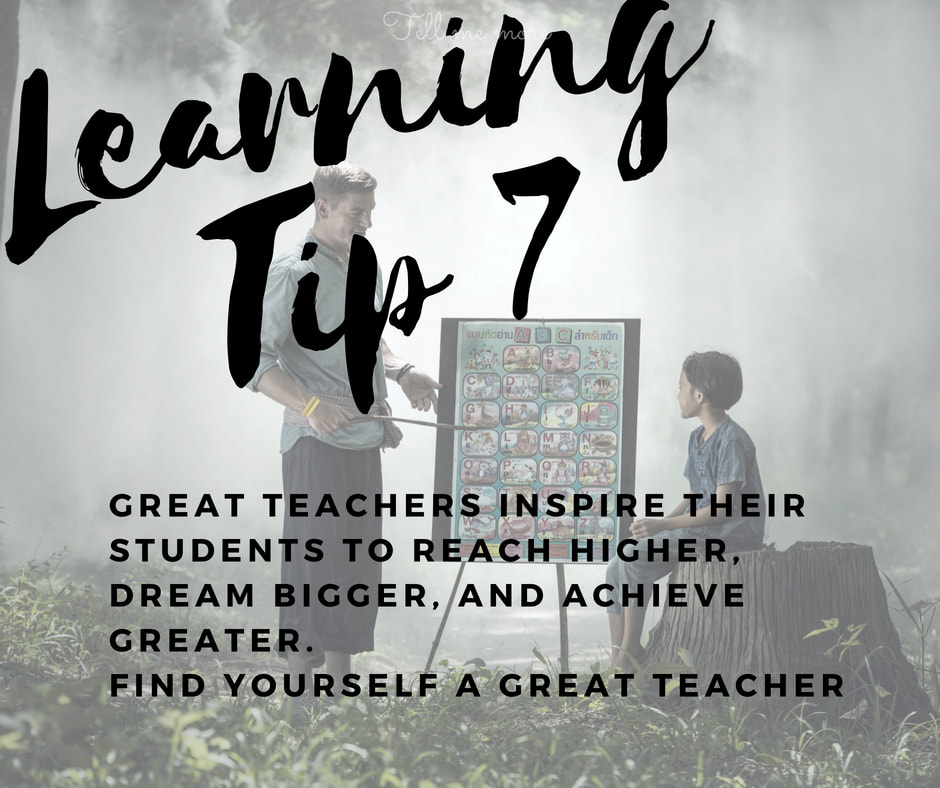BEFORE conversationsYou need to know what you want to talk about If you are lacking ideas for your conversations, here is a list of potential suggestions
WEBSITE 2 You can
You can also take more lexical approach and write down 10 words or expressions that you wish to use during your conversations and just set a general category like, for example FOOD. DURING CONVERSATIONSIt's a good idea to monitor your progress or areas you still need to work on. You can try the following
AFTER CONVERSATIONSIf there're some new words; put them into Quizlet- doesn't matter if there are only two. Have a set called conversations and update it after each meeting. Honestly, it's not overwhelming but you can find it quite useful in the future
Today I would like to talk about preparing our presentations; more specifically about the relationship between the script (what we say) and the graphics (what we show). Many of us wrongly assume that showing the audience a text at the same time as saying it is beneficial. But we need to remember that our brains, much as we’d like them to, cannot multitask. It’s impossible for us to read and listen at the same time. When we expose our brains to such a challenge the process of switching between listening and reading begins. Our brains need to constantly drift between these two activities. I guess it’s not really difficult to imagine the result of such shifts. When we’re preparing a presentation we need to make sure that what we say complements what we show. By no means what we say and what we show should be the same. Our audience waits to receive one, consistent and focused message. That’s why they shouldn’t get the complete idea from either what has been said or shown to them. To keep our audience engaged we can sometimes convey our message by the script, other times by the graphics - we need our audience to pay attention; not to be idle. I am sure that we are all guilty of preparing slides packed with texts, points to consider, action plans etc. Then, we go through them thinking that we're able to reinforce our visuals by simply reading them out loud. But we need to face the truth- such a practice doesn't engage our audience. It can help us to say what we what to say but it certainly doesn't help people remember our message. Hard as it might be, we need to resist the temptation to use bullet-point lists in our presentations. Reading to the audience what they can read themselves has little or no value. If we really feel that we need to show some text to our audience- let’s do so - but we also need to give them time to read that in silence. Our aim is to give a good presentation- the one which is remembered and has tangible outcomes. Learning how to integrate what we show and what we tell can sound like a daunting challenge but, believe me, the benefits are amazing.
When a few years ago my niece told me that she wanted to be a YouTuber I must confess that I didn’t really get what she meant by that. I was at that time a frequent YouTube user but saw very little value in following people and watching them talking about what back then I had considered loads of nonsense. Thank God, I kept my mind opened and at some point, my friendship with YouTube went to a completely new level. I don’t know, maybe the videos started to get better, maybe more people saw YouTube as an opportunity to promote their ideas, maybe I finally found the channels I really enjoyed. I have picked up 3 of my most favourite ones to share with you. #1 Living big in a tiny house. The channel is full of inspiring stories of downsized, eco-friendly living. A real gem! #2 Pick up limes. The lady who runs this channel has won me over. She is so gentle and softly-spoken that it literally melts my heart. Plus she talks about things I love dearly: fruits and veggies. #3 Inc. I must say that it was a tough choice as it normally wouldn’t be in my top 3 but since I would like to show you a bit of diversity in my subscription choices I’ve decided to include Inc. here. The channel gives you loads of info and advice on business topic ranging from sales and marketing to management. Plenty of short videos to broaden your knowledge. My choice is very subjective and might not be to everybody’s liking but this is not the point of this post. The point is to encourage you to find your own channels to follow. The closer they’re linked with your interests the better. They need to be some sort of your guilty pleasure, but the one with benefits. And what are the benefits - first of all, you have some contact with a contemporary, daily language. Also, your vocabulary range should increase; your listening skills become stronger and there’s a chance your pronunciation improves as well. But, I guess, the biggest benefit is that you’ll be able to talk about your areas of interest with confidence. 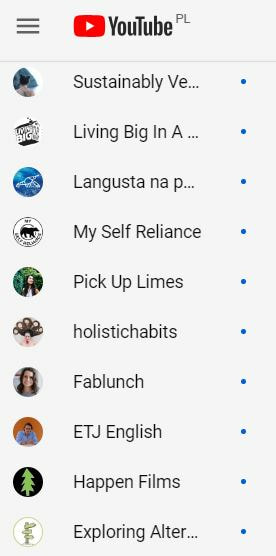 I recommend starting by picking up 3 channels to follow. I don’t think I need to say that the channels need to be in English :) You don’t need to choose channels run by native speakers but make sure that the quality of the language is good. For example, I used to love watching Jenny Mustard. She is a Swedish vlogger and I absolutely adore her food video recipes. Choosing your channels should make you happy; watching them should be relaxing. By increasing your positive experience, you increase your motivation. And you know, your motivation can take you higher than you have expected. When we ask people how they are we often hear the word BUSY. I guess we all love to be busy, or at least say that we are. It definitely sounds better than lazy. This “busy-ness” is the number one excuse in our learning process. And today I’d like to talk a little bit about what you can do with your learning when you are really busy or really lazy. The method I present requires some planning but once you get a hang of the preparation phase you can be literally unstoppable. So, without further ado let me begin by asking you a few simple questions.
Let me for a moment assume that you are not the cleanest person in the world and you keep your daily cleaning teeth to an absolute minimum. Based on this assumption I can quickly calculate that you spend at least 6 minutes a day brushing your teeth. Let me also assume that you purely focus on the activity and there is no multitasking going on here. As a result of this quick deduction, I have figured out that you have at least 6 minutes to spare every single day. The precious minutes that you can use up to brush up your English! Of course, we can come up with many ideas what to do with this time now -you can listen to a short podcast, revise the words on Quizlet, practise speaking in your mind etc. All these ideas are good but I guess they require a tiny weeny more prep. My idea is to start simple. On a post-stick note/s write down 1 word/phrase. Bend the paper note and write an explanation, a synonym or your translation on the reverse side. Stick the note/s to your mirror. Make sure you don’t use more than 5 - you don’t want the post-ins to clash with your interior design, plus your brain may be too reluctant to process too much info in such a short time :) You can also prepare spidergrams containing only initial letters of the words (excellent idea for more advanced learners). Once our preparation phase is completed, we can start our learning phase. Each time you are in your bathroom brushing your teeth go over the notes, repeat, come up with examples. Do it over and over again, repeatedly until you feel you know the word inside out. Then remove the note from the mirror and substitute it with a new one. This method is super simple; requires minimum preparations and makes use of your passive time effectively. It might not be the fastest one, but it should give you some sense of progress, especially when finding time for learning is a struggle. Try it out, I am sure it can bring a totally new dimension to your cleaning routine and who knows - maybe it will inspire you to look for new learning methods.
Again, I'd like to invite you to take part in a daily (this time daily means Tuesday-Thursday) program to improve your language skills. This month we will be honing our listening skills. The program called "What are you saying?" is based on short video clips from movies and series. The extracts are seconds long so it shouldn't take a lot of your precious time. But, please feel encouraged to listen to the extract as many times as you need. Once you do this, please type your answer. Yes, yes - we're using the Whatsapp communicator for that. If you want, you can also take a more passive role - just listen to the text and then check the answer HERE but I'd recommend to get out of your safety zone and be active for once! The extracts are sent to you at about 8-9 pm o'clock, Tuesday-Thursday. They're also published at the website around the same time. If you wish to take part in this program but haven't registered for my Whatsapp updates you can do this HERE.
Recently, I have been trying to convince you to spend more time studying English using technology-free resources. This post, however, will be a bit different - I guess it is super hard for me to deny my longtime love to all things tech. So today, I am sharing a few great websites/applications that I have personally found irresistible when studying, doing a research or preparing a presentation.
My number one is of course Quizlet. All my students know this app and use it - some are the devoted fans, and some prefer the-check-before-the-lesson approach. I personally believe that Quizlet is great for learning and revising vocabulary or even grammar. You can create your own vocabulary sets , combine them into bigger study units, attach pictures, listen to the correct pronunciation and what’s more you can use your mobile app to study wherever you are. Totally fantastic, have a look if the app is a novelty to you, and if you are a business professional take advantage of enrolling to my business English class on Quizlet.
Another great and fairly new discovery of mine is Youglish. Youglish uses YouTube clips to improve your English pronunciation. It gives you fast access to how English is spoken by real people and in context. All you need to do is write a word or phrase in the Youglish browser and the app generates a playlist of youtube videos where this particular word or phrase occurs. You can hear a variety of accents and check out the pronunciation of names of companies, products and people that you wouldn’t find in a dictionary.
Next, I would like to mention the app which I think is great for anybody who reads a lot on the Intenet. It is called Snippet Web Highlighter. You can highlight text on the web, create your snippets, organise them and review later on. The app gives you the opportunity to store everything in one place with the website reference. You no longer need to save the details of your online resources and waste time browsing your history.
The last thing I feel I need to talk about is Grammarly. I wasn’t sure from the start whether or not I should be recommending this app but I guess the pros outweigh the cons - so here we go. I have been using the Grammarly browser extension for Google over a year now. Grammarly claims to help you write mistake-free texts. Yes, indeed, it helps you! It draws your attention to potential mistakes and suggests different options. The danger of using this plug-in, however, is that you may get into the habit of accepting every suggested change. The app is good, not to say great- but resist the temptation of following its suggestions blindly and remember it is you who have the final say.
At the beginning of every course I always ask my students to have a notebook. Since I teach online never before did I feel it was necessary to check whether my students actually take notes or not and I left it completely to their discretion. Of course, I would mentioned now and then that it's a good idea to have a notebook but I didn't really want to boss adults around telling them what to write down. But something has changed. After the semester test I discovered that the ones who had used handwriting and had their notebooks remembered things better and as a result - scored better. So this year many of my student may find me a bit overwhelming because I've made it my top priority to retrieve the habit of taking notes in the lesson (and well, yes -after it too). I strongly believe that handwriting plays an important role in creating connections between ideas and remembering them longer and better. I have already written a post on that - CHECK HERE
Autumn has come. There’s no point denying it. The mornings are pretty chilly and we tend to stay at home more. But today, I would truly like to encourage you to GO OUTSIDE (and take your learning with you …:) A few days ago I wrapped myself up, packed all the necessities and made the place in the photo above my office for the day. Surprisingly, I managed to complete every task I had set up for the day, plus I felt so much at peace. Changing our working or learning environment can bring a totally new dimension to it. Our productivity increases when our mind is ready to process new information. I believe that limiting distractions can help us focus more and as a result remember things longer and better. That is why I want you to try and give your learning routine a little twist once in a while.
The studies show that regular direct access to nature can: increase self-esteem, improve concentration, learning, creativity, cognitive development, cooperation, flexibility and self-awareness. Oh, boy! What a list! And I am sure it is not complete. And while we’re on the topic of nature, there are two more things I recommend you to check out.
Ben travels around the world and meets people who have turned their backs on the rat race and set up home in some of the most remote and extraordinary parts of the world. I am a huge fan of the series, not only because it is in English, but primarily because it is honest, moving and motivating. It emphasizes the connection with nature we all should have and makes you rethink your life and your daily choices. I’m signing off now. Hope you have a great autumn.
The truth is that if you’re determined to learn, there’s absolutely nothing, not even a bad teacher, that could stop you. However, finding the right person to guide you through the process of learning a foreign language will definitely make the whole experience better, faster and more rewarding.
Before you start looking Before you start looking for a teacher make sure you know what you want to obtain by having these lessons - in other words, set yourself achievable goals. Also, think about the frequency of your classes. Do you want to have them once, twice a week or even more often. But be realistic here. We all tend to be over enthusiastic in the beginning. Rome wasn’t built in a day; do not take on too much because the result may be disappointing. You will get tired, overwhelmed and in the end unmotivated to continue your venture. Another thing to consider is how much you are willing to pay. Learning a language is an investment so don’t play a scrooge here. And while you do not wish to spend a fortune here either, remember if you pay peanuts you get monkeys. Where to find a teacher? There are heaps of adds available on the Internet these days. And even though it might be a good idea to go through them at some point, you will be better off asking your friends or family for any recommendations first. Next, shortlist your candidates and contact them all before you make your decision. Take notes during these talks - they can help you to decide on the right teacher later on. If a teacher offers a trial lesson, take advantage of this option. I personally don’t believe in trial lessons but I always have a short (20-30 min) interview with a potential student. This allows me to find out more about the person and design a course that meets their needs. For a student it’s a great opportunity to get to know me a bit and ask the questions about the course. Online or not online? - that’s a question! I only teach online and naturally my opinion may be a bit biased here. But my advice would be to check before you say no. If you have never had online classes before you cannot possibly know if they’re for you or not. Stay open-minded. There’re tons of excellent online teachers and who knows maybe you will find your gem as well. Final advice-choose your teacher wisely Choose a teacher who specializes in your area of interest, a teacher who has experience and still wants to develop in this field. Do not under any circumstances opt for the one who specializes in everything - children, business, exam preparations, online - you name it. No, the truth is that if one specializes in everything, they actually specialize in nothing. Wishing you all the best of luck in finding the right teacher. |
AUTHORWritten by Agnieszka Kansy Categories
All
Archives
June 2024
|
